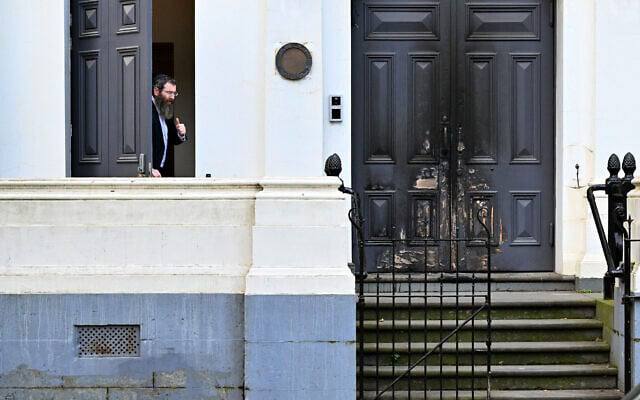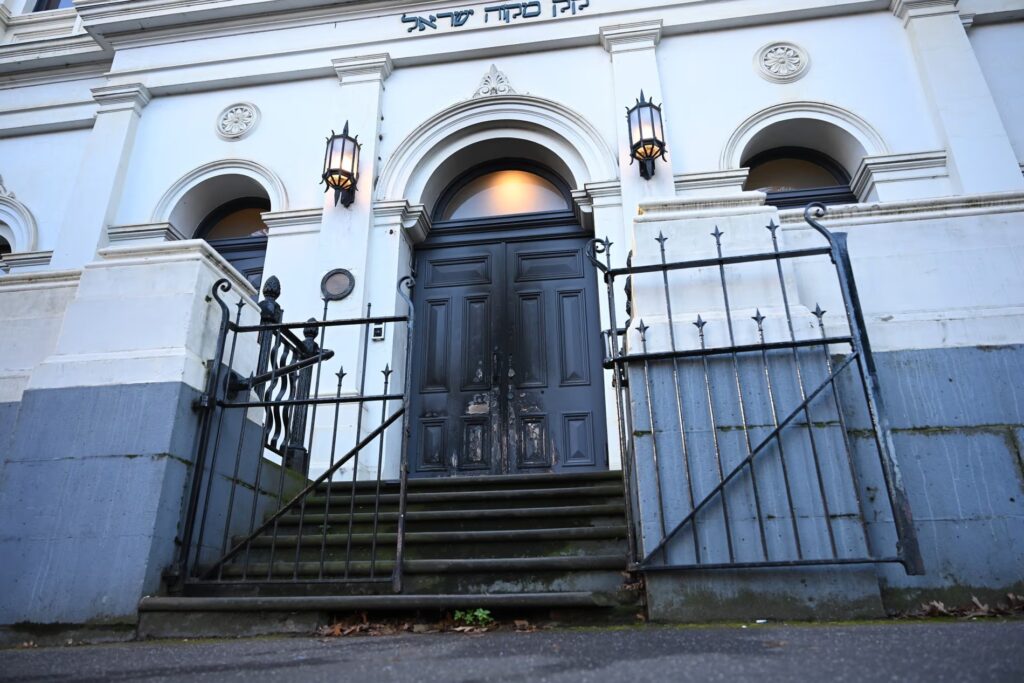MEDIA RELEASES
AIJAC “very disappointed” at results of Senate Inquiry into Academic Freedom
December 4, 2008

Media Release
The Australia/Israel & Jewish Affairs Council today said it was “very disappointed” with the majority report resulting from the Senate Standing Committee on Education, Employment and Workplace Relations Inquiry into Academic Freedom. The report, released today, made no recommendations and essentially denied that there were any substantive problems with respect to academic freedom or political bias on Australian campuses.
“AIJAC’s submission showed, as does the commendable minority report, that there are specific, sensitive measures that governments can encourage. They would minimise problems of bias and help ensure the rights of students to receive quality, professional teaching, which fairly represents the best empirical evidence available and fully explores a variety of evidence-based perspectives,” AIJAC Executive Director Dr. Colin Rubenstein said.
“Moreover, such measures need not in any way interfere with the academic freedom of lecturers or the autonomy of universities, both of which absolutely must be preserved. But instead of exploring ways to do this, the Committee split on partisan lines, and essentially achieved nothing,” he added.
“We are very disappointed that the Senate Committee missed an opportunity to improve conditions for all students on Australian campuses. As we documented, there is certainly evidence of Jewish students at Australian universities experiencing problems with bias or intimidation, and we provided substantive examples of inappropriate behaviour by some lecturers.”
He concluded, “AIJAC will be taking our concerns about some aspects of campus culture and behaviour directly to Education Minister Julia Gillard. We hope and believe that she will prove less partisan and more farsighted than her Senate colleagues.
“The government can be responsible and proactive in terms of encouraging sensible and prudent efforts to improve outcomes at taxpayer-funded tertiary institutions, without compromising either academic freedom or institutional independence.”
For additional information, contact Dr. Colin Rubenstein on (03)-9681-6660 or at crubenstein@aijac.org.au.
Further reading:
Tags: Australasia





